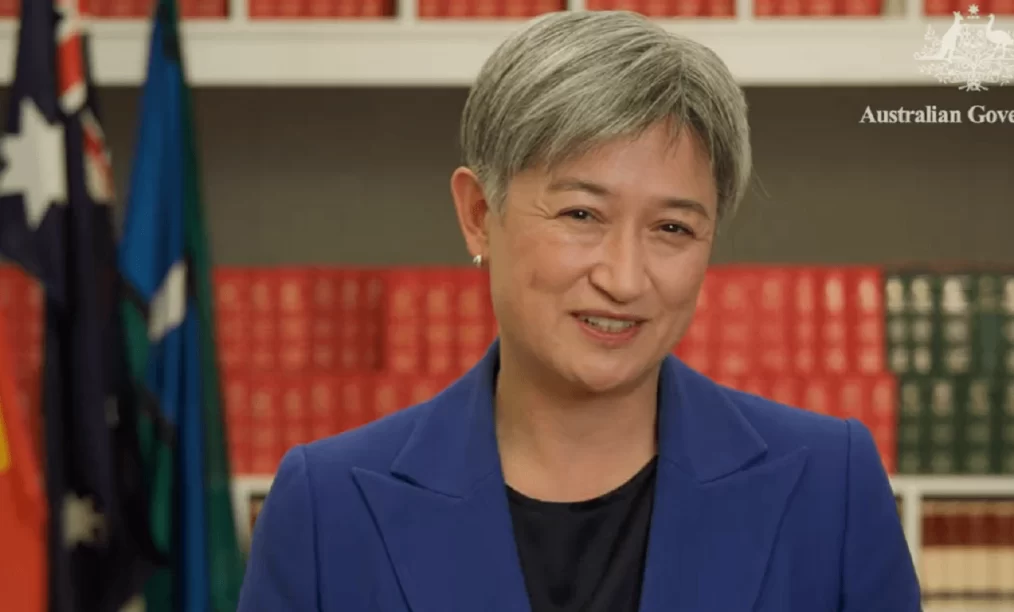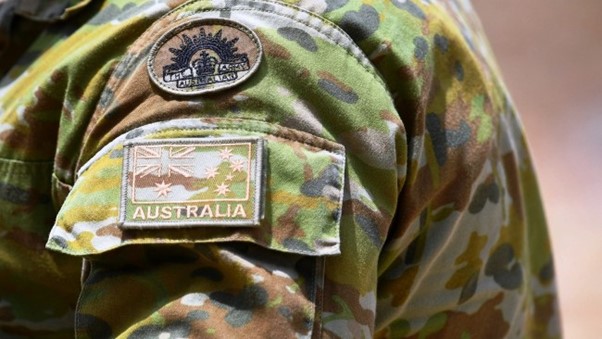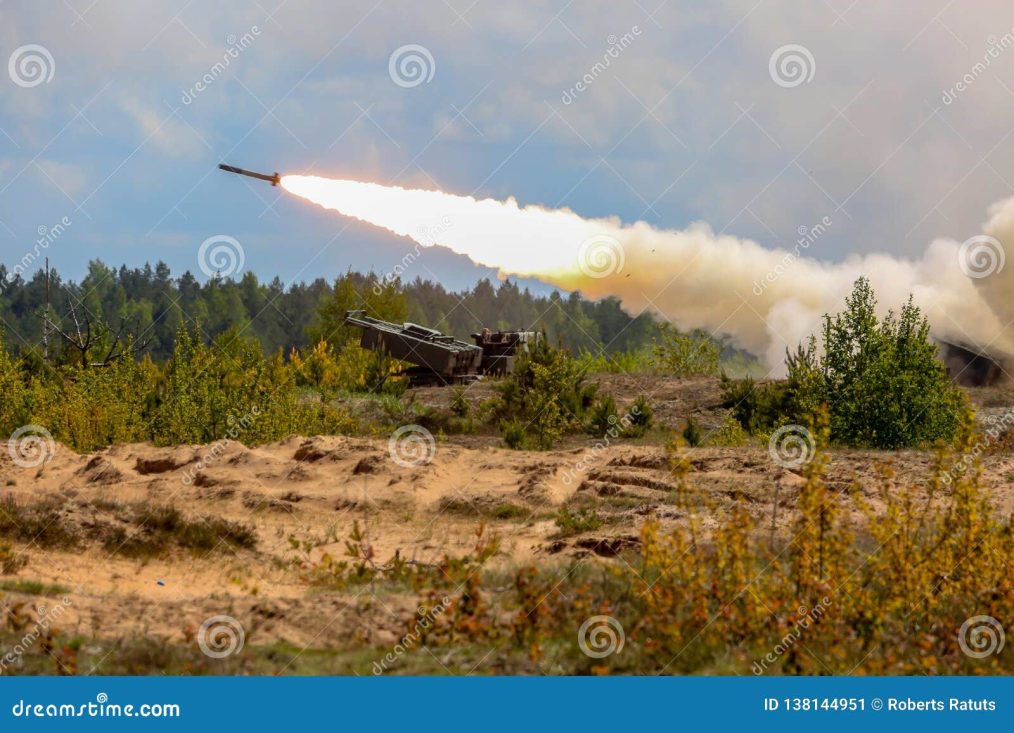Kyiv Independent
Since the onset of Russia’s full-scale invasion of Ukraine, more than 2,000 Ukrainian servicemen have been hospitalized due to chemical poisoning, with three fatalities reported, Ukrainian Colonel Artem Vlasiuk revealed during a Dec. 13 press briefing.
According to Vlasiuk, who serves with the Support Forces’ Radiation, Chemical, and Biological Protection Command, Ukrainian forces have documented 4,800 incidents involving chemical weapons since the war began. These include the use of tear gas and chemical agents typically intended for riot control. Speaking in Kyiv, Vlasiuk highlighted how Russian forces disguise their deployment of such weapons under the cover of “intense artillery, rocket, and bomb attacks,” complicating efforts to collect samples and investigate these actions for potential prosecution.
In an October interview with the Kyiv Independent, Vlasiuk discussed the challenges posed by the lack of specialized equipment, which hampers the Ukrainian military’s ability to identify new or mixed types of chemical agents and develop adequate protective measures. Since the start of the invasion, servicemen showing symptoms of chemical poisoning have been treated in both military and civilian facilities for exposure to various known or unidentified substances.
“As for the deceased servicemen, unfortunately, we now have three such fatal cases,” Vlasiuk stated. He also noted that the use of K-51 tear gas grenades by Russian forces has recently decreased due to colder weather, which diminishes their effectiveness.
“These means are prohibited for use,” Vlasiuk emphasized. “Ukraine, as a signatory to the Chemical Weapons Convention, and its Armed Forces, which safeguard its independence and sovereignty, fully comply with international law and the requirements of the Convention.”
Vlasiuk’s remarks follow confirmation by the Organization for the Prohibition of Chemical Weapons (OPCW), a United Nations watchdog, that riot control agents have been used on the battlefield in Ukraine. On Nov. 18, the OPCW reported that Russian drones deployed gas grenades into Ukrainian dugouts and trenches, forcing soldiers into open areas where they became vulnerable to artillery fire and drone strikes.
These developments underscore the ongoing violations of international law by Russian forces and the significant risks posed to Ukrainian servicemen in their defence of the nation’s sovereignty.











